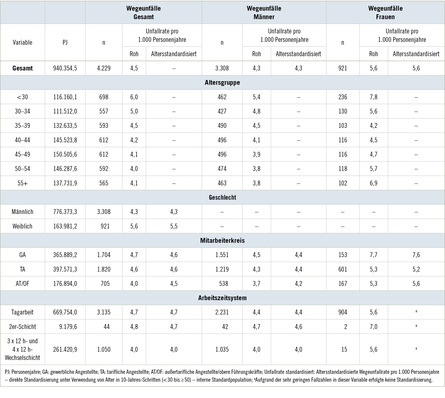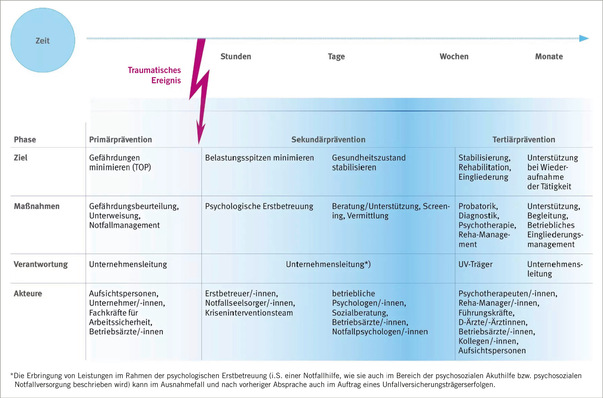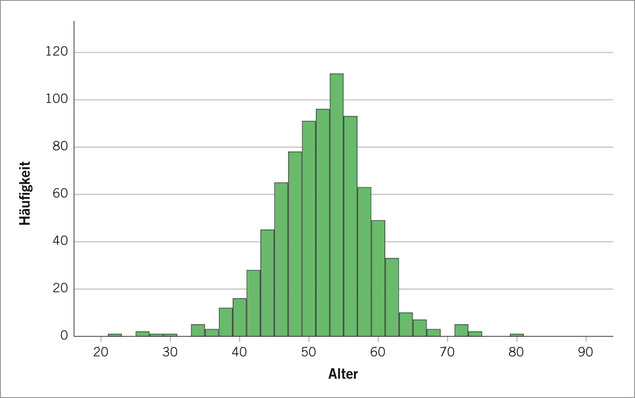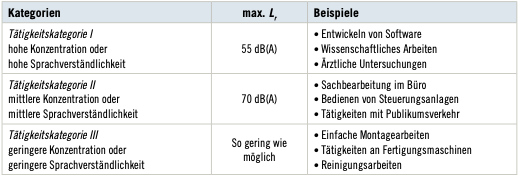Aim: A region in the German state of Baden-Württemberg was authorized by the local Ministry of Social Affairs to define changes in its own regional health care structures. The physicians, the hospitals with their medical and administrative directorate and the Statutory Health Insurance with its consultant Medical Service participated. Methods: Annual hospital statistics from 1996 onwards obtained from the regional hospitals (database defined by German social law, 29 sets of so called L4/L5-Statistics, E1 Plus-data from 2002 onwards) and additional routine data from 10 fields of medicine were studied by means of computerized data analysis. The results were presented in the regional boards and discussed there. Finally scenarios were shaped. Results: This process, which was carried out continuously from 1996—2006, led to a restructuring of regional health care on the basis of medical task sharing. Regional agreements confirmed the participation of all institutions contributing to in-patient-care in the region but with changes in their tasks. The changed structure, now largely put into practice, qualified the region for a cross-border cooperation with the neighbouring Swiss canton of Basel. In a pilot project, the German hospitals offer from 2007 onwards hospital care and rehabilitation to Swiss patients, according to their core competence. For medical care which is not available or uneconomic when offered regionally, the German Statutory Health Insurance can draw upon Swiss providers. Discussion: The option of operationalization is the great advantage of small area studies. The information used to induce structural changes is — after the process of expert reflection and regional discussion — purged of many of the uncertainties affecting indicator based assessments and use of routine data from other areas. The risk of drawing wrong conclusions is reduced. Conclusions: The regionally defined and centred health care structure offers the advantages of comprehensive medical care which minimizes the distances to be travelled by patients and their families and combines economically favourable solutions with proximity to the patients.
Bibliogr. Info (RIS)
Offener Zugang






